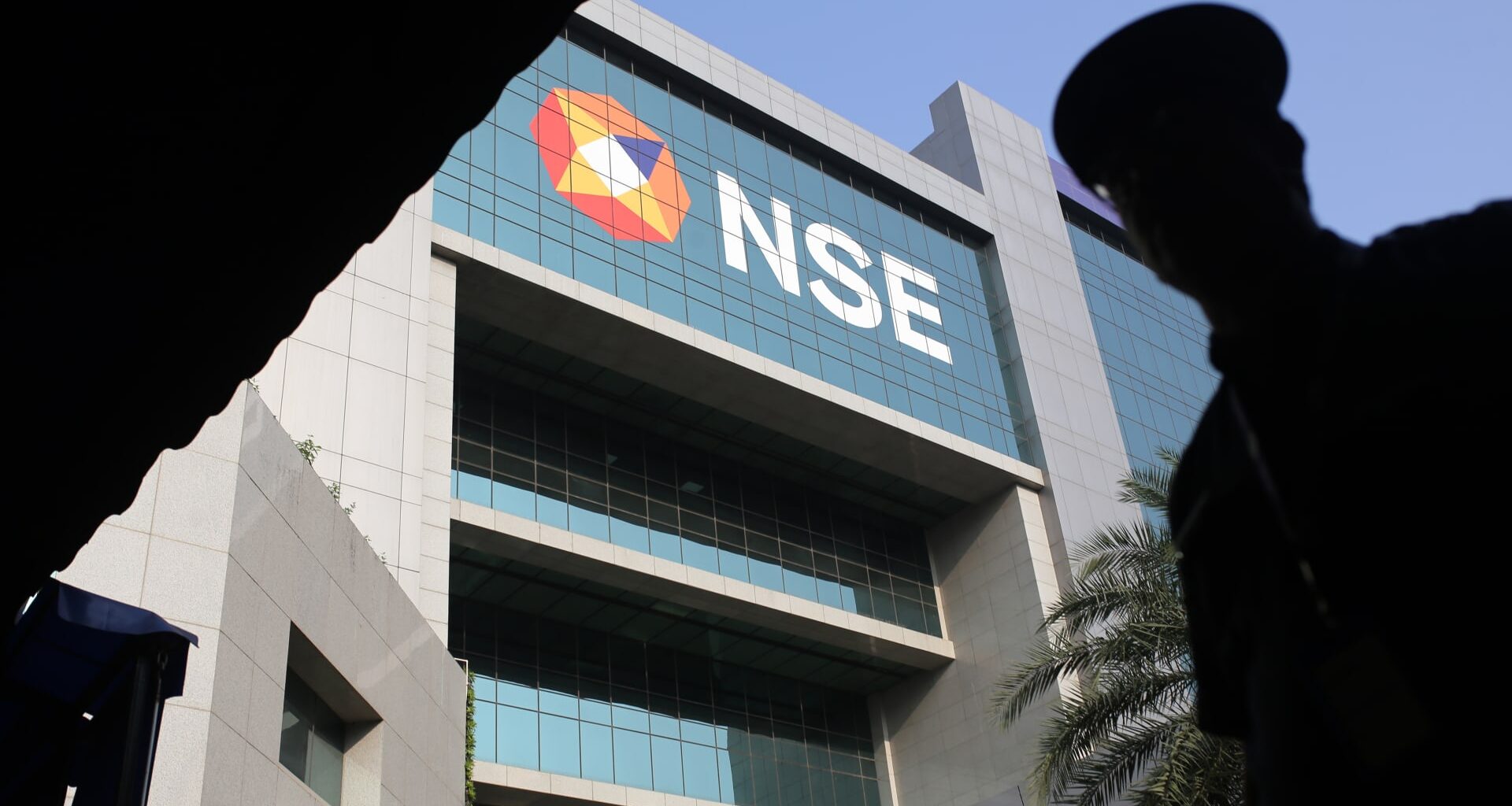Indian tech stocks fell nearly 3% Monday after U.S. President Donald Trump announced late Friday a $100,000 visa fee for new H-1B visas, which are reserved for high-skilled foreign workers. Of the nearly 400,00 H-1B visas issued in 2024, 71% were for Indian nationals.
Nine of the 10 Indian IT companies on the Nifty IT sub-index were down, with losses led by Mphasis, which fell over 4%, Persistent Systems, which was down 3.8% and LTIMindtree, which shed 3.79%.
The new fees could push Indian companies to offshore more employees who are in the United States, Manishi Raychaudhuri, CEO of Emmer Capital Partners, told CNBC’s “Inside India” Monday.
This “would lead to a decline in the headline revenue that these IT majors generate because offshoring is a high-margin but low-revenue activity,” he added.
He estimated that the net impact in the immediate term “to be between 2% to 4% as far as the earnings of these companies are concerned, which is getting reflected in the way these stocks are trading today.”
India’s benchmark Nifty 50 was down 0.12%, while the Sensex index fell 0.48%.
Shares of Adani Power skyrocketed over 15% after its five-for-one stock split took effect Monday. The Indian thermal power firm said that its shareholders had approved the split of one share of the company with a face value of 10 Indian rupees (about $0.11), into five shares at two rupees each, according to a filing earlier this month.
Companies typically split stocks to make them more accessible to investors, which also increases the firm’s liquidity.
Over in China, the CSI 300 rose 0.46% after its central bank kept the loan prime rates (LPR) unchanged for the fourth month in a row, in line with a Reuters poll. The decision to stand pat comes after the U.S. Federal Reserve lowered its rates by 25 basis points last week.
The People’s Bank of China kept the one-year LPR unchanged at 3.0% while the five-year LPR remained at 3.5%, according to a statement Monday. The one-year LPR influences most new and outstanding loans, while the five-year rate influences the pricing of mortgages.
Hong Kong’s Hang Seng Index fell 1%, while the Hang Seng Tech Index declined 1.18%.
Japan’s benchmark Nikkei 225 index rose 0.99% to close at 45,493.66, while the Topix index advanced 0.49% to end the trading session at 3,163.17. The 10-year Japanese Government Bonds rose 0.67% to 1.650, the highest level since July 2007.
South Korea’s Kospi index added 0.68% to close at 3,468.65, while the small-cap Kosdaq jumped 1.3% to close at 874.36.
Shares of Samsung Electronics jumped over 4% on local media reports that Nvidia had approved the South Korean chipmaker’s fifth-generation high-bandwidth-memory product. The approval reportedly came after several failed attempts spanning almost 18 months to meet Nvidia’s demanding performance standards.
Australia’s ASX/S&P 200 increased 0.43% to close at 8,810.9.
U.S. equity futures were little changed in Asian hours following a strong week for the major averages. The Dow Jones Industrial Average and S&P 500 closed at fresh all-time highs as the Fed’s rate cut set in investors’ minds.
Markets are now pricing in two more quarter-point cuts between now and the end of the year, according to the CME FedWatch Tool.
On Friday stateside, the Dow Jones Industrial Average added 172.85 points, or 0.37%, to close at 46,315.27, reaching a fresh record high. The S&P 500 settled up 0.49% at 6,664.36, while the Nasdaq Composite advanced 0.72% to finish at 22,631.48.
— CNBC’s Anniek Bao, Sarah Min, Pia Singh and Alex Harring contributed to this report.

